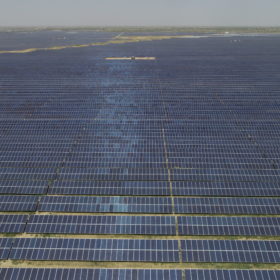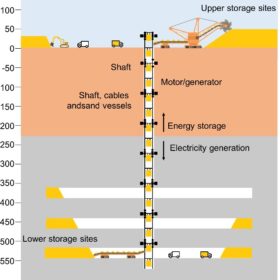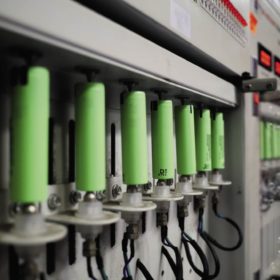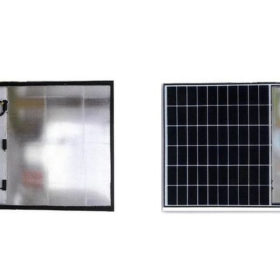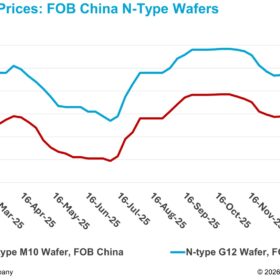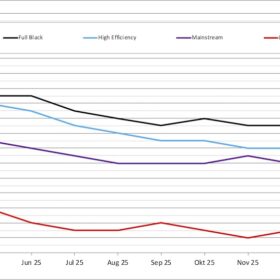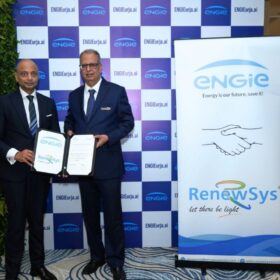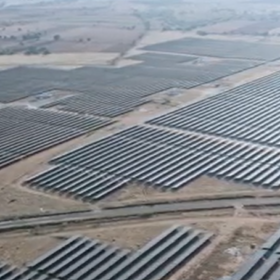Acme partners Norfund to invest in renewable energy projects in India
Indian developer Acme and the Norwegian investment fund have signed the framework agreement to co-invest in developing potential renewable energy projects in India.
Gujarat targets 8mtpa green hydrogen production capacity by 2035
The state aims to emerge as a green hydrogen hub and decarbonize energy-intensive industries like fertilizers, steel, chemicals, and petroleum.
BPCL to set up 1 GW renewable energy plant in Rajasthan
Bharat Petroleum Corp. Ltd, which targets 1 GW of renewable energy by 2025 and 10 GW by 2040, has signed an agreement with the government of Rajasthan to build a 1 GW renewable energy plant with an investment of INR 5,000 crore.
Storing renewables via regenerative braking in underground mines
Scientists in Austria have developed a long-term energy storage system that uses regenerative braking to adjust the descent speed of sand in mine shafts and generate electricity.
Rajasthan signs MoUs worth $14.85 billion for renewable energy, storage, and hydrogen projects
The State government has signed agreements for various giga-scale projects across renewable energy generation, solar manufacturing, pumped hydro storage, and green hydrogen.
Govt signs pact with Rajesh Exports for 5 GWh lithium-ion cell factory
The central government and the state government of Karnataka have signed an agreement with Bengaluru-headquartered Rajesh Exports to lend support and a tailormade incentive package for its 5 GWh lithium cell factory in Karnataka.
India can save $19.5 billion annually with shift from coal to clean power
India plans to add 76 GW of utility-scale solar and wind power by 2025. This will lead to annual savings of up to $19.5 billion from avoiding coal power, says a new report.
Larsen & Toubro wins 112.5 MW solar project in West Bengal
Larsen & Toubro will build a 112.5 MW solar power plant on an EPC (engineering, procurement and construction) basis in the southwestern part of West Bengal.
Himachal Pradesh targets 100% green energy by 2025
Solar projects aggregating to 500 MW are on the anvil. These projects are planned in the state during the fiscal year 2023-24.
Water jet tech to recover glass from end-of-life solar panels
Japan’s Shintora Kosan has developed a novel water jet technology to recover glass from end-of-life PV modules. It says it can pulverize the solar cells and the backsheets without damaging the glass.
